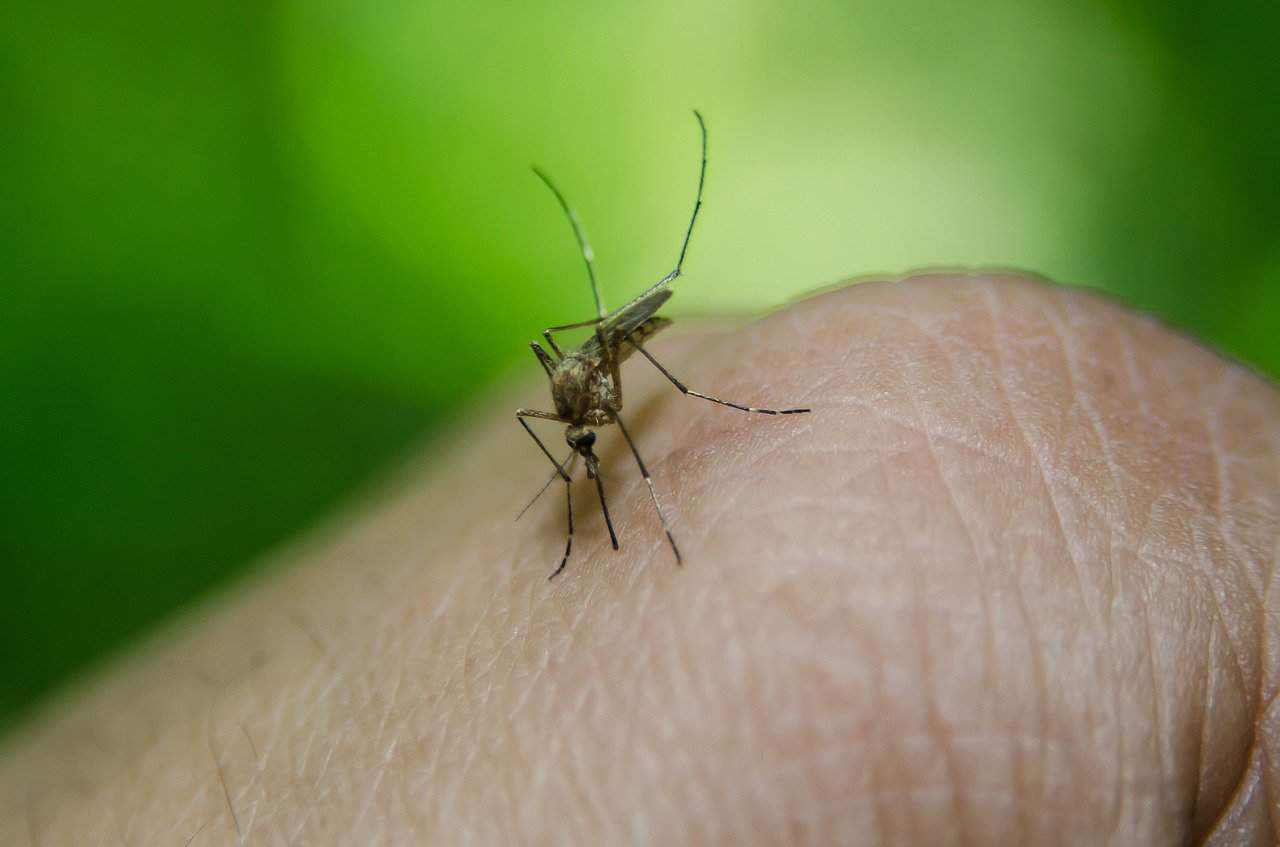Dengue cases in Costa Rica have plummeted in early 2025, with the Ministry of Health reporting 1,802 cases as of March 23, a 69.5% decrease from the 5,909 cases recorded during the same period in 2024. This marks a significant improvement from last year, which saw a record 27,791 cases by October.
Despite this encouraging trend, specialists warn against complacency, as dengue can cause severe complications and be fatal, particularly for children, the elderly, and other vulnerable groups. The disease is most prevalent in regions like Central Sur, Central Norte, and Pacífico Central, with local reports indicating high case numbers in cantons such as San José, Alajuela, Sarapiquí, Puntarenas, and San Carlos, which were heavily affected in 2024.
The Costa Rican Social Security Fund (CCSS) reports no hospitalizations due to dengue so far in 2025, based on preliminary data. However, the agency is preparing for a potential surge with the onset of the rainy season in May, which creates ideal breeding conditions for the Aedes aegypti mosquito, the primary vector for dengue.
Prevention Efforts Continue
The Ministry of Health’s Vector Control Program is intensifying efforts to curb the disease, having eliminated 341,771 mosquito breeding sites and fumigated 136,058 homes in 2025. These efforts build on last year’s campaigns, which saw over 16,000 homes fumigated in communities like La Carpio, Pavas, and Alajuela. Inspections and control measures are ongoing in high-risk areas.
The Ministry is collaborating with community leaders to enhance surveillance in public spaces such as schools, parks, churches, and streets. Initiatives like tire collections, gutter cleaning, and educational campaigns are raising awareness about eliminating mosquito habitats.
“We urge the population to remain vigilant: regularly clean and empty water containers, check and clean gutters, cover black plastic in backyards, and store unused tires under a roof or take them to collection sites,” the Ministry of Health stated in a recent press release.
Authorities emphasize the importance of cooperating with public health officials during fumigation visits, ensuring they present proper identification.
Know the Symptoms, Act Quickly
Dengue symptoms include sudden high fever, severe headache, pain behind the eyes, muscle and joint aches, rash, nausea, vomiting, abdominal pain, or bleeding. Health experts urge anyone experiencing these symptoms to seek medical attention promptly to prevent complications, especially as all four dengue serotypes circulate in Costa Rica, increasing the risk of severe cases upon reinfection.
“Community participation is key to sustaining this decline,” said Dr. Mary Munive, Minister of Health. “By working together, we can protect our families and keep dengue at bay.” For more information on dengue prevention, visit the Ministry of Health’s website or contact your local health center.

